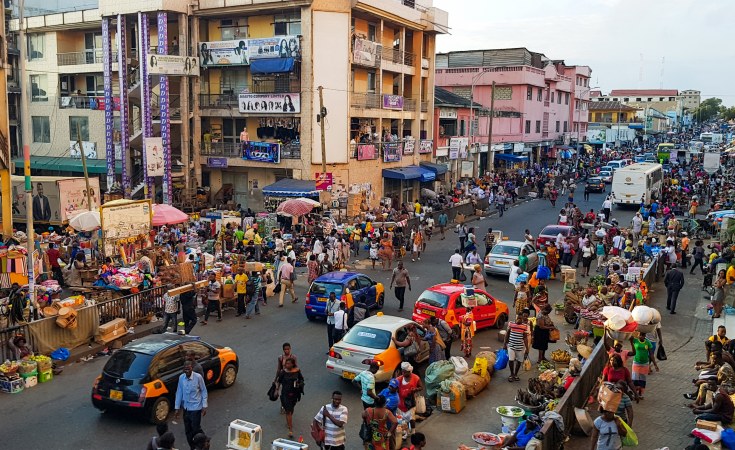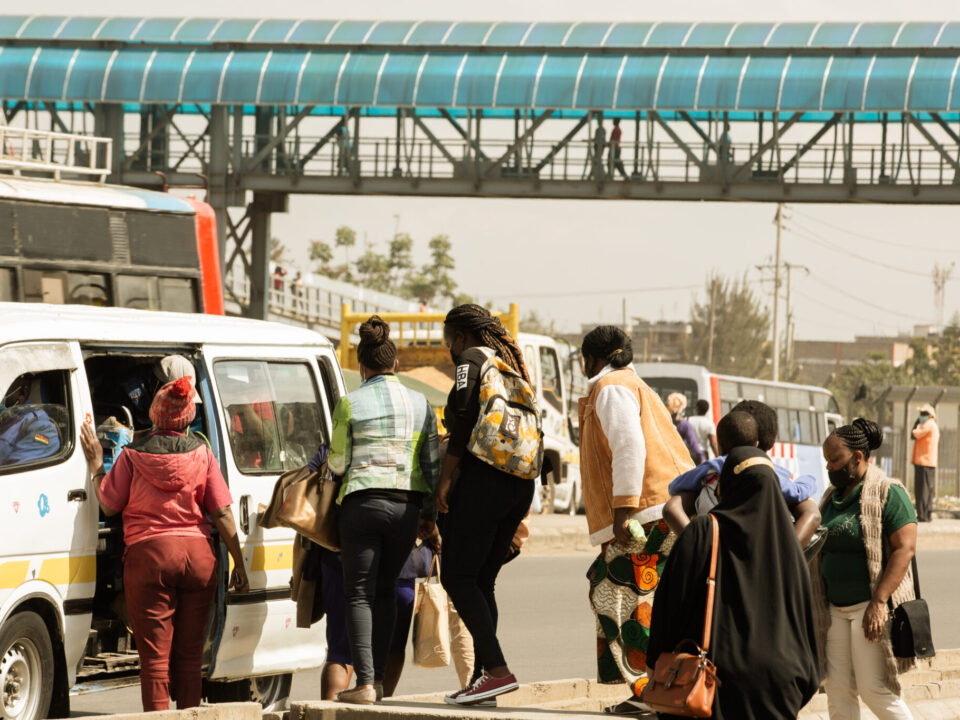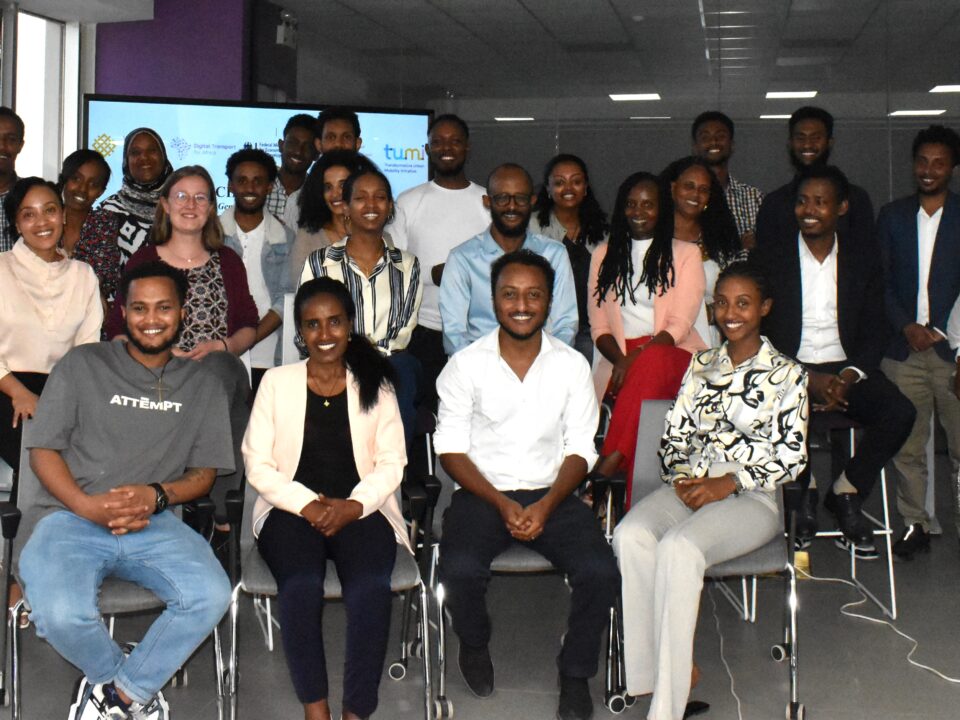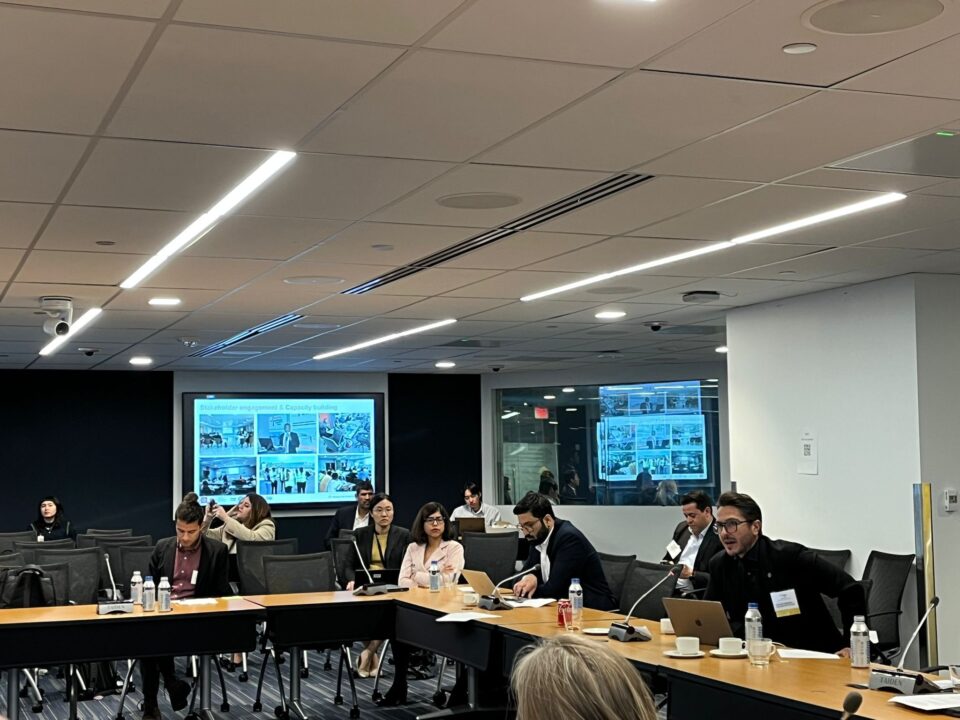Join the Digitalizing E-Bus Projects Course by TUMI
3 March 2023
DigitalTransport4Africa (DT4A) Webinar Series: Public Transport and Accessibility in Kisumu – Towards Sustainable Urban Mobility in Kenya
13 March 2023*Photo Source: https://allafrica.com/stories/202302210004.html
The Customs Division of the Ghana Revenue Authority estimates that used vehicles constitute some 80% of the about 100,000 vehicles imported into Ghana every year. Some sources even put the figure at 90%.
Like much of Africa, used vehicles play double-edged sword roles in Ghana. On one hand, they support mobility and create jobs and other economic opportunities. On another hand, they undermine public and environmental health through crashes and pollution. This is largely because a good number of them tend to be unsafe to drive and highly polluting.
As transport electrification takes hold in rich countries to reduce emissions that lead to climate change and air pollution, increasing numbers of obsolete, unsafe, dirty, and, often, faulty used vehicles are likely to land in used vehicle markets. However, when it comes to climate change and public health, out of sight isn’t out of mind. In the end, simply transferring such vehicles elsewhere undermines global and local goals to move toward safe and low-emissions transport.
In February 2020, the environment and energy ministers of the Economic Community of West African States adopted new strict and comprehensive rules against used vehicle imports. This is encouraging, considering that Africa has long been a major destination for used vehicles. For instance, 40% of the 14 million used vehicles that the European Union, Japan and the US exported between 2015 and 2018 went to African countries.
Our recent review of Ghana’s situation suggests, however, that such measures on their own which just restrict the supply of the vehicles are unlikely to yield meaningful, sustained public health and environmental gains.
In fact, they can be counterproductive. They can worsen the practice of keeping old, polluting and unsafe vehicles on the road even as they get older, more polluting and more dangerous to drive. They can also worsen the corruption surrounding vehicle importation, and drive even more number of used vehicles to the black market.
Our research makes a case for tying used vehicle import bans to reforms in city and town planning, land use systems and transport investments. It makes sense to tackle the conditions that drive demand for the vehicles in the first place.
Import Reductions Without Public Health Gains
In June 1998, Ghana introduced the Customs, Excise and Preventive Service (Management) (Amendment) ACT, 1998 (Act 552) to ban import of all vehicles older than 10 years. Four years later, that law was replaced with a new one that instead imposed penalties on the importation of the vehicles.
These policies did not translate into public health and environmental gains. Little to no change occurred in road injuries or vehicular pollution. For instance, in 1997, Ghana’s road traffic crash injury per 100,000 people stood at 31.46. After the ban, the figure remained about the same.
Another study found that during the ban, carbon monoxide, carbon dioxide, volatile organic compounds, nitrogen oxides and particulate matter emissions even went up in the Accra-Tema area, where most of Ghana’s vehicles are concentrated. A recent study has also shown that such measures do not increase the purchase of cleaner, new vehicles – not just in Ghana, but Africa generally.
Untangling The Puzzle
In sum, the imposition of bans and higher penalties appear to just result in reduced used vehicle import without commensurate, sustained public health gains and a shift towards increased purchase of new, safer less-polluting vehicles.
These outcomes are not surprising. First, by restricting used vehicle supply without making it easier to buy brand new ones, the import restrictions likely compelled people to keep really old vehicles on the roads. It might also be that, contrary to official statistics, the import restrictions did not really reduce supply; they only redirected used vehicles to the black market.
To understand how these outcomes are possible, it helps to look at spatial planning, land use systems and transport investments in Ghana.
Ghanaian planning professionals and politicians continue to promote the spatial separation of work and other activities far from home, compelling people to travel more. Road construction–which induces more spread-out land use, and, hence, requires more travel–gets priority over user-oriented public transport provision.
The largely privately-run, deregulated minibus (popularly called ‘tro-tro’) sector has helpfully stepped in to meet the unmet demand for public transport. The trouble, however, is that the operators remain highly fragmented and largely focused on individual short-term profits. Service improvements–like more efficient operations, fleet renewal or electrification–that require huge capital are neglected. The Government of Ghana and its “development partners” direct their high quality bus investments into BRT projects which do not always work as planned, leaving gaps.
These conditions encourage the continuing purchase and use of second-hand minibuses, which are often poorly maintained and kept on the roads even as they get older and more dangerous. Their regular use means that large numbers of people are exposed to discomfort, air pollution, poor safety and other problems. Research shows that poor minibus (tro-tro) transport experience adds to the factors that push people towards private car ownership in Ghana.
Meanwhile, income levels are generally low; auto loans are also accessible to only a few high-income people. These undermine effective demand for the usually expensive brand new vehicles. The result of these is that, as with the commercial ones, many of the vehicles imported for private use in the country tend to be the cheaper used ones.
The bans and import penalties only set the regulatory bar–and often customs bribes–higher. They do not address and, therefore, leave the critical enablers of used vehicle consumption and supply intact. For instance, banning or raising penalties on import does not result in improvement in incomes to position hitherto used vehicle consumers to afford new safer, less-polluting options.
More fundamentally, because the vehicles serve real needs, restricting their supply without providing any meaningful alternatives–which is often the case–only serves to direct demand and supply to the black market. Importers, often in cahoots with corrupt customs officials, frequently manipulate the details of used vehicles and declare false information to escape imposed bans and penalties. As a result, more and more of such vehicles escape official statistics/records and end up on the market.
Addressing Demand
Ghana’s experience suggests that to be effective, used vehicle consumption reduction policies in Africa will require shifting from the current contradictory approach of restricting supply through bans on one hand. While stimulating demand, on the other hand, by channeling public resources—streets/roads, finance, planning laws and land-use systems—to encourage demand
Specific interventions to facilitate these shifts can include
- Changing town and city planning to allow people to live, work and shop in the same area and therefore travel less
- Investments to make public transport as well as walking and cycling cleaner, safer, efficient, affordable and attractive
- Investments in public transport infrastructure like dedicated bus lanes and proper bus stops, stations and passenger information
- Tax relief and financial support for new public transport vehicles including minibus recapitalisation programmes can help introduce higher occupancy, low emissions and safer vehicles
- Minibus electrification and investment in emerging local electrification initiatives.
Overall, measures for addressing used vehicle consumption harms are likely to be more effective if couched as part of larger policies and practices for reforming the persisting motorized transport-dependent approach to building societies which is founded on diesel and gas-guzzling vehicles.
A version of this article has appeared on the conversation.
About the Authors
Dr. Jacqueline Klopp directs the Center for Sustainable Urban Development at the Earth institute which is a Volvo Research and Educational Foundations center of excellence on Future Urban Transport. She is an action-oriented research scholar who focusses on pathways to safe, low emission, equitable transport and land-use, access and city governance. Jacqueline has been spearheading efforts to leverage new technologies and mapping to strengthen advocacy for improved public transportation and reduced air pollution and carbon emissions with a focus on popular transport. Dr. Klopp is a founding member of the award winning DigitalMatatus consortium which produced the first open transit data and public transit map for Nairobi’s minibus (matatu) transit system. She also helped found “Digital Cairo” a consortium led by Transport4Cairo to create open transport data for Cairo. With the French Development Agency, the Inter-American Development Bank and the World Resource Institute among other partners, she helped found and continues to support new collaborative platforms on open transit data for Africa: DigitalTransport4Africa and Latin America DATUM to foster better research, planning and accountability. She is also a core member of the Clean Air Toolbox for Cities an interdisciplinary network centered at Columbia University that aims to support cities primarily in Africa and Asia with emissions, source (transport is a major source) and health impact data to address air pollution and climate change. She was honored to be selected by German Federal Ministry for Economic Cooperation and Development as one of the “Remarkable Women in Transport” in 2021.
Festival Godwin Boateng is a research scholar, exploring the intersection of sustainability and urban policy. His postdoctoral work at the Center for Sustainable Urban Development of Columbia University Climate School focused on popular transport improvements and emissions reductions in Africa. Festival holds a BA (Hons) degree in Sociology and Social Work (Political Science minor) from KNUST, Kumasi–Ghana, and a masters in Global Studies and International Development Studies from Roskilde University, Copenhagen–Denmark. He received his Ph.D. in Global, Urban, and Social Studies from RMIT University, Melbourne–Australia.
